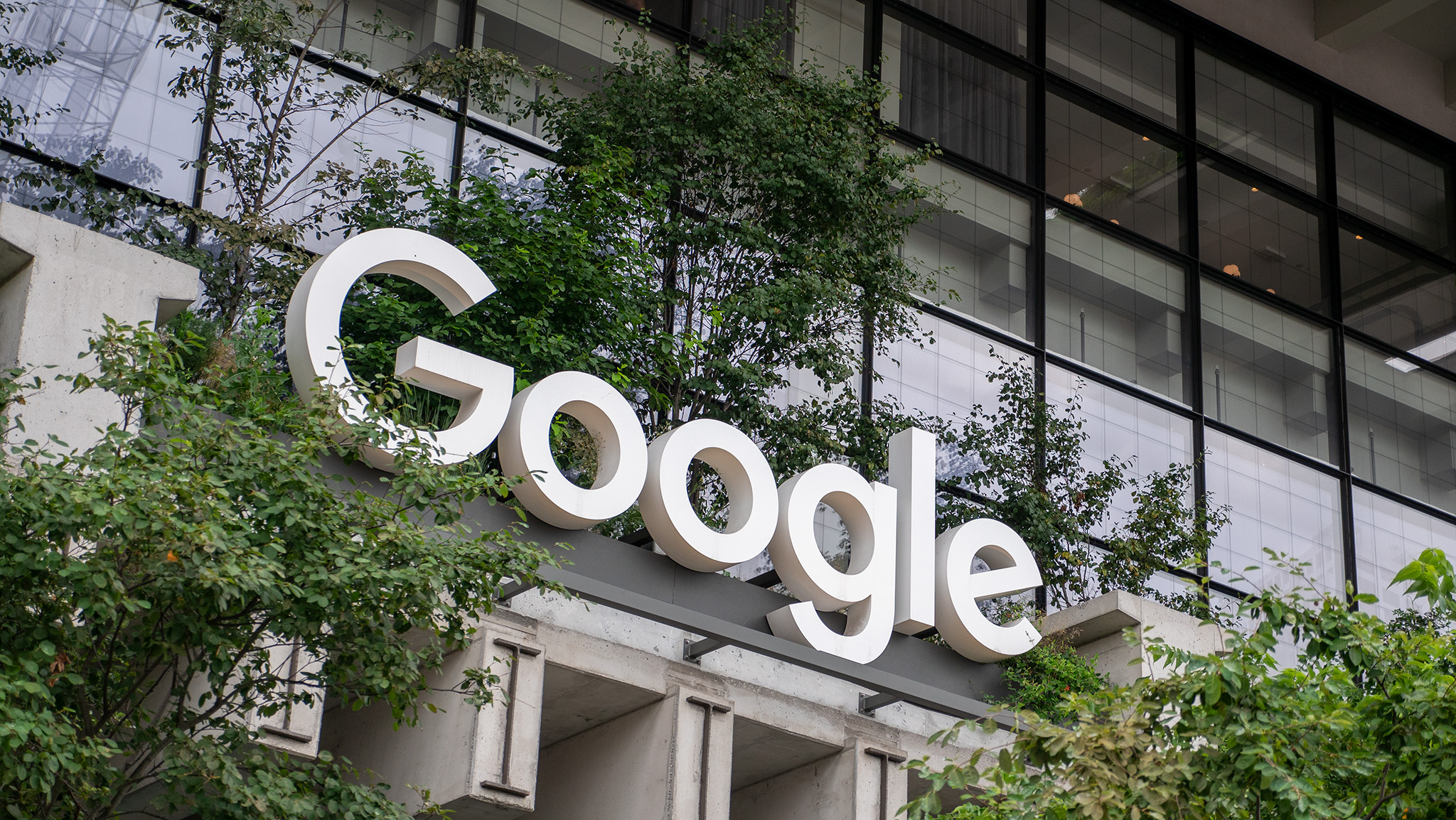Google Targets International Phishing Network in Landmark Lawsuit
Google has intensified its fight against cybercrime by filing a major lawsuit against an alleged international criminal organization accused of running large-scale SMS phishing attacks, also known as “smishing.” The group, known as “Lighthouse,” is believed to be operating from China and responsible for millions of dollars in financial theft from victims across more than 120 countries.
The lawsuit, filed in the U.S. District Court for the Southern District of New York, claims that Lighthouse provided software tools and infrastructure for scammers through a Phishing-as-a-Service model. This approach allows cybercriminals to rent ready-to-use kits that create fake websites resembling legitimate platforms such as the U.S. Postal Service, New York City’s official portal, and even Google’s own login pages.
According to the complaint, Lighthouse offered hundreds of fraudulent website templates, including more than 100 that misused Google’s logo to trick users into entering sensitive payment or account information. Between July 2023 and October 2024, Lighthouse allegedly created or maintained over 32,000 phishing domains, some of which may have compromised as many as 115 million U.S. credit cards.
While Google’s legal team acknowledges that the true identities of the defendants—referred to in the case as “Does 1–25”—remain unknown, the company says the primary goal is deterrence. The case seeks a declaratory judgment confirming that Lighthouse’s actions are unlawful, giving Google a firm legal foundation to collaborate with other online services to dismantle similar fraudulent infrastructures.
A Rising Threat: How Text Scams Are Evolving Worldwide
Smishing attacks have become one of the fastest-growing forms of online fraud. These scams often involve text messages urging users to click links about supposed unpaid tolls, missed deliveries, or compromised accounts. Once the user clicks, they are directed to a convincing but fake site designed to harvest passwords or credit card information.
Cybersecurity experts warn that such scams are becoming increasingly sophisticated. Fake websites often include legitimate-looking design elements, dynamic forms, and encryption that make them appear authentic. Google’s lawsuit highlights a disturbing trend: entire criminal operations are now selling fraudulent website kits and customer support to scammers through encrypted channels such as Telegram.
To combat this, Google continues to enhance its internal security systems and educate the public through its Safety Center, which provides guidance on identifying and reporting phishing attempts. The company also advises users to activate two-factor authentication and monitor suspicious account activity via Google Account Security Checkup.
Experts at Cybersecurity & Infrastructure Security Agency (CISA) emphasize that consumers should never click on links received via unsolicited text messages, and instead verify claims directly through official websites.
A Broader Push for Legal and Regulatory Action
The lawsuit also arrives amid a broader legislative movement to protect consumers from digital scams. Google recently endorsed several bipartisan bills in the U.S. Congress, including the Guarding Unprotected Aging Retirees from Deception (GUARD) Act, which aims to strengthen law enforcement’s ability to investigate financial fraud targeting seniors. The company also supports the Foreign Robocall Elimination Act and the Scam Compound Accountability and Mobilization (SCAM) Act, both designed to dismantle international networks that profit from large-scale fraud operations.
Although Lighthouse’s operators are likely outside U.S. jurisdiction, Google’s action could serve as a powerful precedent for cross-border cybercrime cases. Legal experts suggest that the lawsuit might encourage global cooperation between governments and tech companies, leading to faster takedowns of malicious online infrastructure.
For Google, this case underscores the company’s dual role as both a technological innovator and a defender of online trust. While the firm faces its own legal challenges—ranging from antitrust investigations to app store settlements—it continues to assert that protecting users from digital threats remains a top priority.







